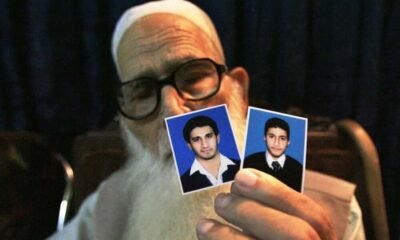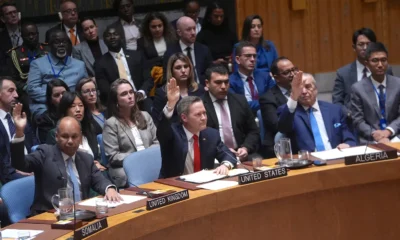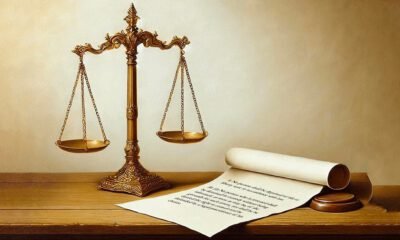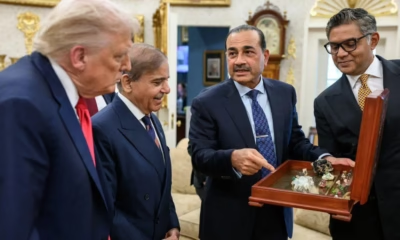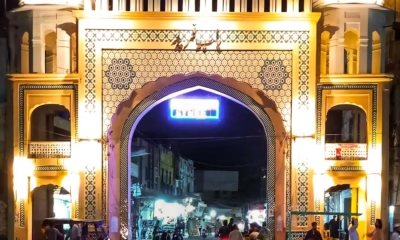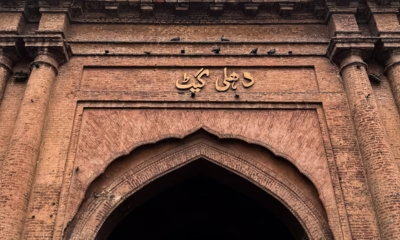About Pakistan
14 August: Pakistan Independence Day; Independence from British Rule essentially
On August 14, 1947, Pakistan gained independence from British rule. However, 77 years on, Pakistanis have become subjugated to a small clique in their own country.
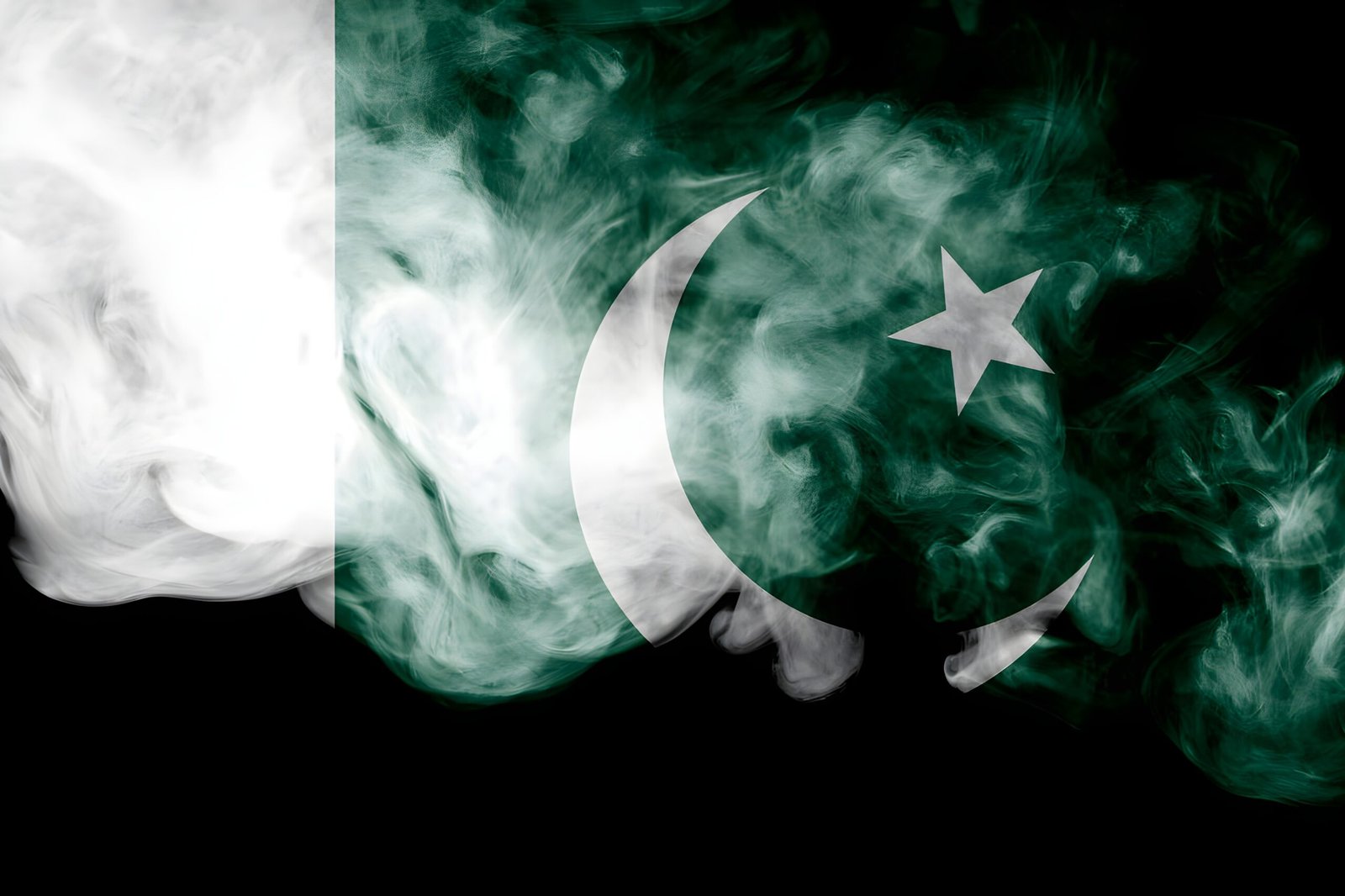
Have you ever wondered what exactly Pakistan gained independence from the British for? What “slavery” compelled the leaders and people of United India to make immense sacrifices to break free?
Even under the British government in the Indian subcontinent:
- People could get jobs in the civil service, and individuals like Abdullah Yusuf became part of the Indian Civil Service.
- Locals were employed in the army; they held positions, and many brave sons fought bravely, though in foreign wars, on unfamiliar lands, and were even awarded the Victoria Cross.
- There was a judicial system too; lawyers like Quaid-e-Azam Muhammad Ali Jinnah sought justice for their clients through these courts.
- Politicians led political parties and political movements, and prominent Muslims were given representation in the Legislative Council
- People like Manto and Ismat Chughtai curated stories, and Faiz and others composed poetry
- Elections were held under the 1935 Act, and provincial and central governments were formed, however flawed they may have been
- Farmers were cultivating crops according to the seasons, and many local industrialists were setting up industries.
So, what exactly did the Indian National Congress and the All-India Muslim League refer to as “slavery”? What was it that led leaders like Nehru to resign from governments and ministries, endure imprisonment, and launch Indian independence movements like Quit India to achieve freedom from colonial rule?
What slavery?
This “slavery” was embodied in the presence of an “unelected group” that decided the rules of the game, determined the limits of “freedom,” and dictated which matters the locals could legislate on and which they could not. This group controlled foreign affairs and, without the consent or approval of the local population, could drag the country into any war. It was precisely this that compelled the Congress to resign from the government at the beginning of the Second World War, in October 1939, since the British had dragged India into the European war without consulting the Indian government or leadership.
It was essentially the “slavery” of an unelected group imposing a ceiling and limits on all decisions for the local Indians, dictating that they could act only within the boundaries set by them and nothing beyond.
Pakistan on its 77th anniversary of independence
Now, doesn’t this describe Pakistan today—77 years after its “independence”? Are we, the people, truly free to make our own decisions? Are we not controlled by a small clique that presents itself as the state, acts as if it owns the nation, and that alone makes decisions for the lives of the other 230 million people?
This group decides what is right and wrong, who is a friend and who is an enemy, when and with whom to go to war, and when and with whom to make peace. They determine who the law applies to, and who must be absolved of all crimes. Criticism of any member of this clique is deemed treason against the state.
It is the same group that makes economic decisions, dominates foreign affairs, and is accountable not to the Pakistani people but to external powers—much like the Viceroy of India was accountable not to the Indians, but to the British government across the seas.
Today, 77 years after the independence of Pakistan from the British, Pakistanis find themselves subjugated to a small elite and to the system they’ve created—a system built on cruelty and injustice.
- On its 77th anniversary of independence, Pakistanis are deprived of their basic rights. The state has not only failed to protect their lives, property, honour, and dignity but has become the primary force that undermines them.
- About half a century ago, a part of Pakistan, known as East Pakistan, seceded, but no lessons were learned. Today, Balochistan and Khyber Pakhtunkhwa (formerly the North-West Frontier Province) are on the same brink. Throughout Pakistan’s history, countless atrocities have been inflicted on the Balochis, and their rights have been trampled. Can we really blame them for their sentiments?
- The constitution and law are being flouted brazenly. Ironically, the Chief Justice of the highest court has played a pivotal role in undermining the rule of law.
- As for Pakistanis, they are not even free to choose their leaders or express their opinions, and activism is now branded as “digital terrorism.”
There is much more that could be said, but the Truth is known to all!
When injustice becomes law and oppression becomes institutionalized, resistance becomes a duty. And as Ashraf al-Makhluqat (the noblest of creations), it is incumbent upon us to fight against and dismantle this unjust and oppressive system.
After all, is there any other purpose for a man in this world?

